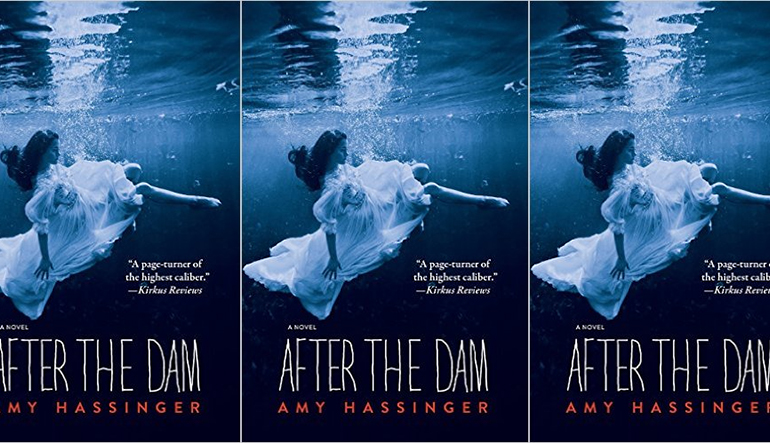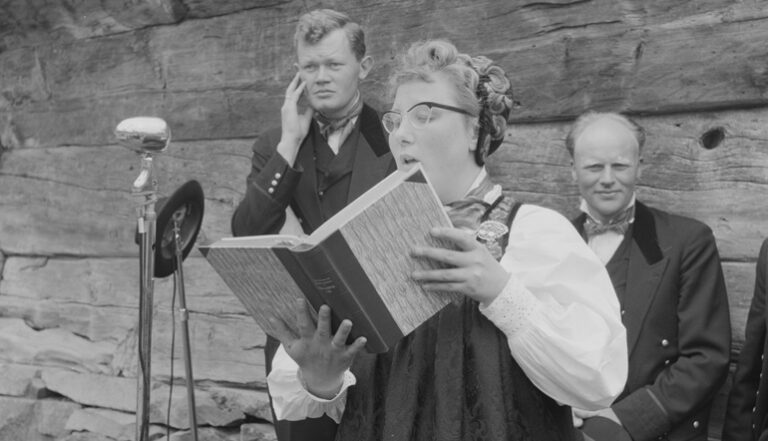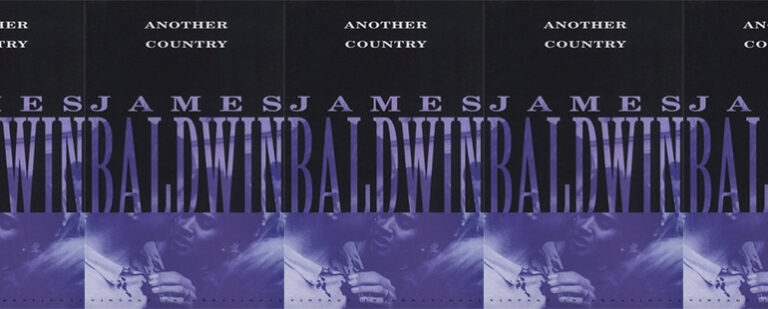Review: AFTER THE DAM by Amy Hassinger

After the Dam
Amy Hassinger
Red Hen Press; Sept. 2016
328 pp; $16.95
A trope that has become particularly popular in women’s literature involves a central character who flees her current life to return to an ancestral home and face her past. In her marvelous novel After the Dam, Amy Hassinger’s protagonist Rachel, a new mother, escapes her suddenly stifling life to visit her grandmother and the family farmland. But although Dam contains intriguing traces of family saga and love story, there is nothing formulaic about this layered novel, an often lyrical elegy to the natural world that raises environmental and feminist questions about boundaries of property and self, the reconciliation of love and principles, and the limits of our ability to protect others.
Married to Michael, an expert on modern Native American land tenure issues, Rachel has for eight years on principle avoided returning to her grandmother’s farm, which sits on land once promised by the federal government to the Ojibwe tribe. Long committed to environmental issues, Rachel has come to realize that “I’ve just been working so hard. . . at being the person I thought I should be—good student, teacher, wife, mother—trying to fit perfectly into all of these molds. But none of them feel right.”
The harnessing of the natural world through a dam once destroyed a town, leading to a buried history on the family land, a sunken village and flooded churchyard, and some of Hassinger’s most evocative passages are about the drowned town. While Hassinger’s characters are sharply drawn and complex, even more extraordinary is her ability to write lovingly about the natural world with details that resonate against her characters’ own dilemmas. Though postpartum depression may play a role in Rachel’s crisis, she comes to understand the drawbacks of trying to suppress her own history and tame her own nature.
Reconnecting to Joe, her childhood sweetheart, with whom she shares a connection as deep as her tie to the land, Rachel confronts difficult questions: the unintentional harm that may come from protecting, the accidental wounds that result from loving. While moving and satisfying, After the Dam is an assured and graceful exploration of questions that avoids easy answers.


